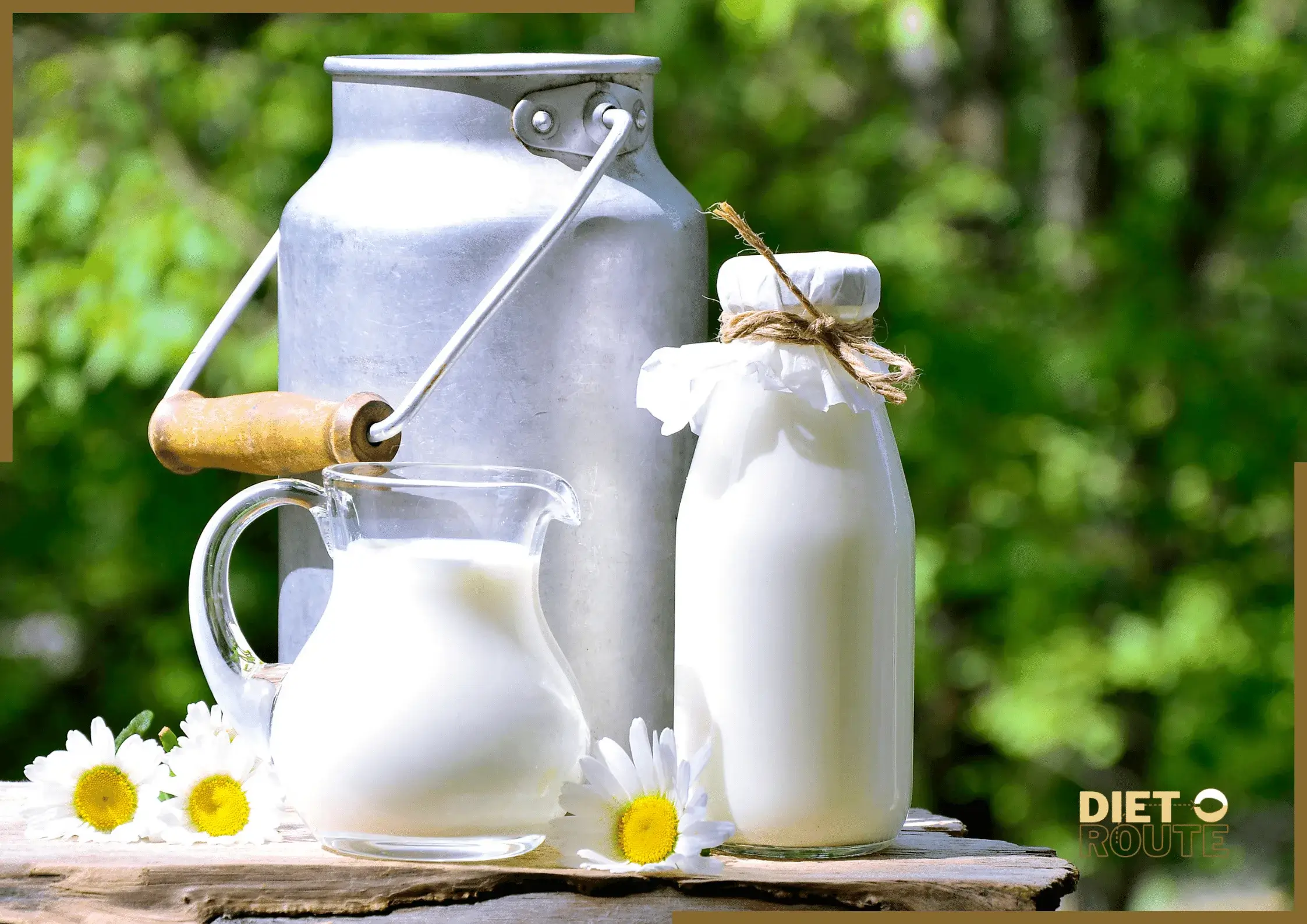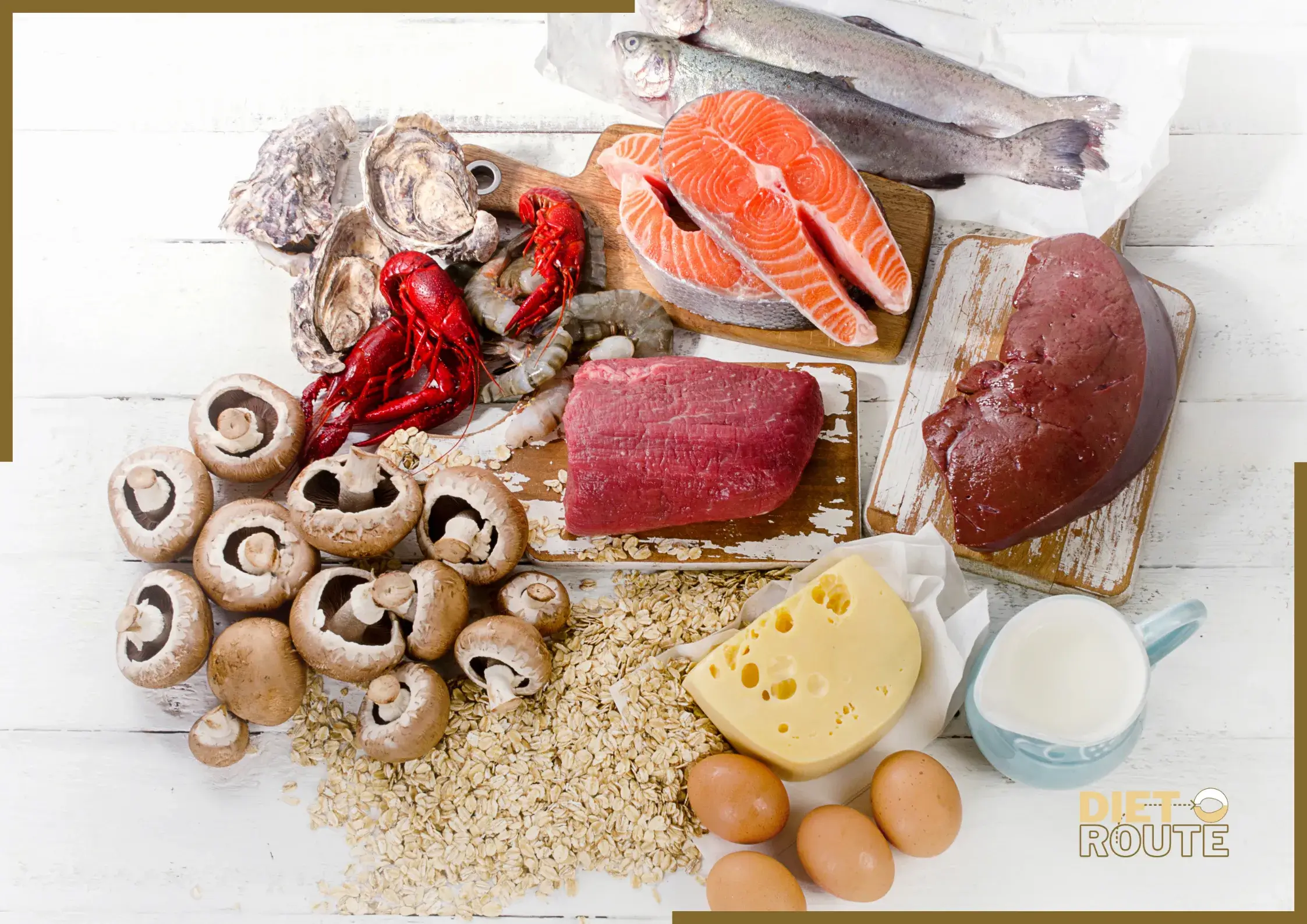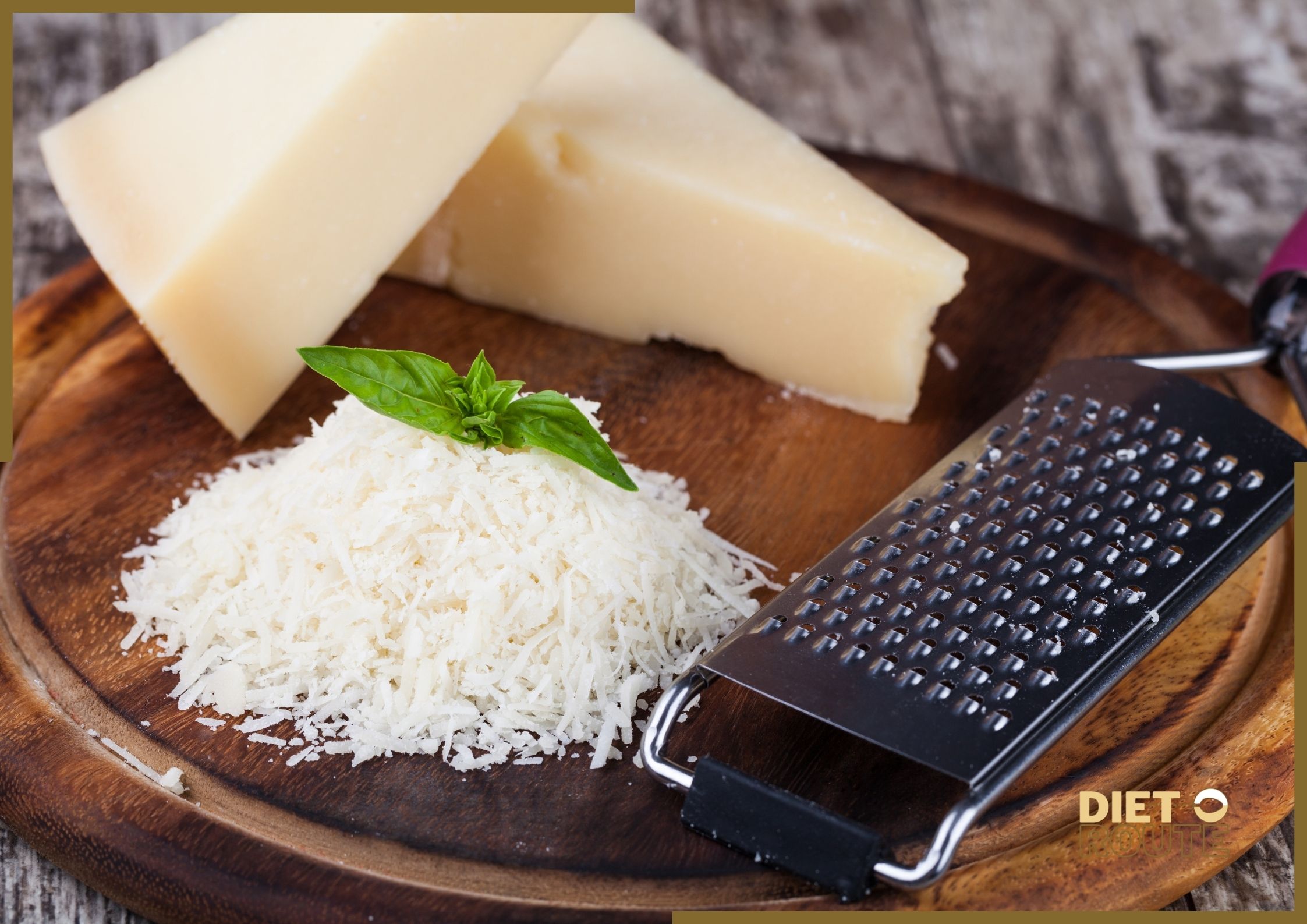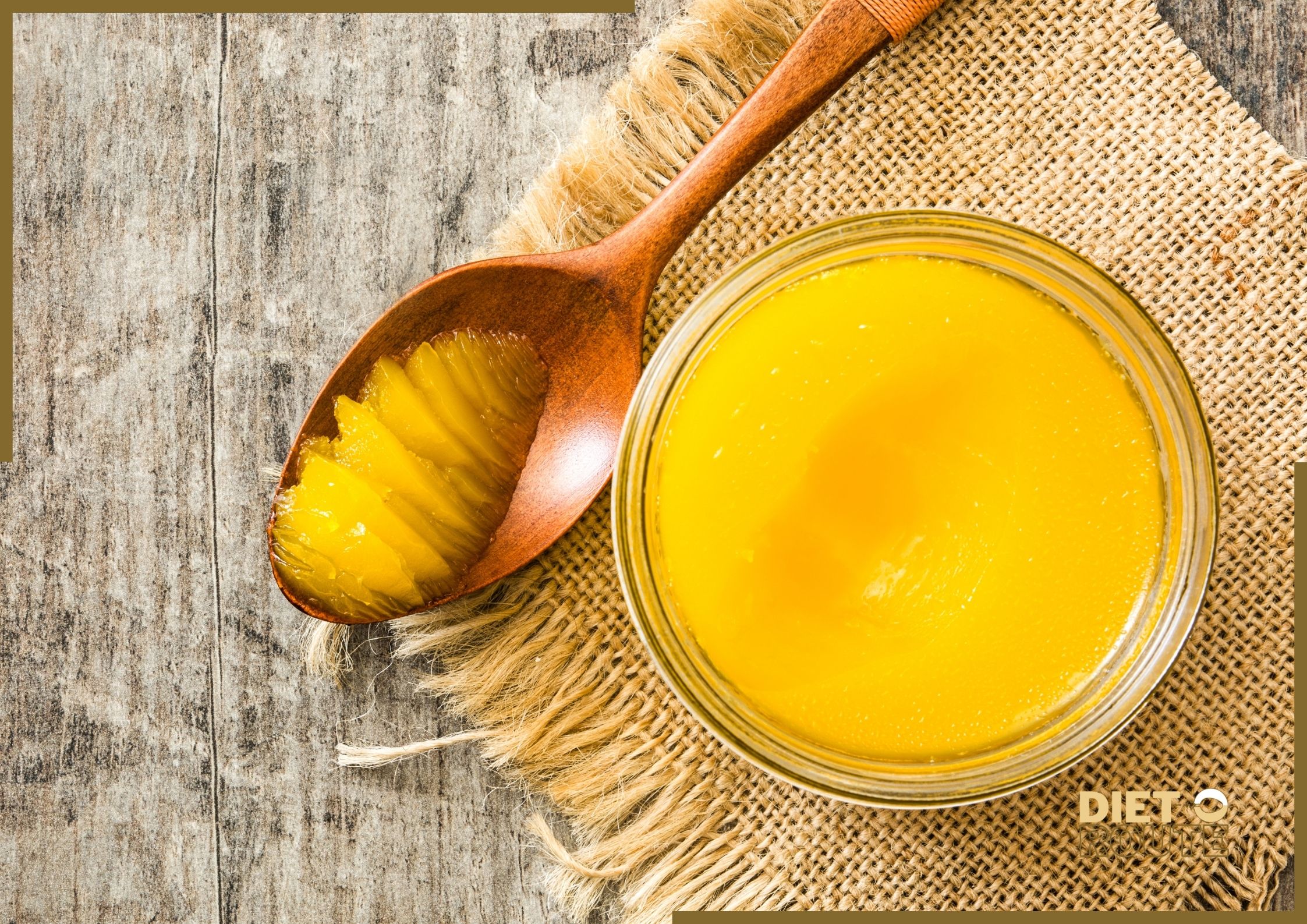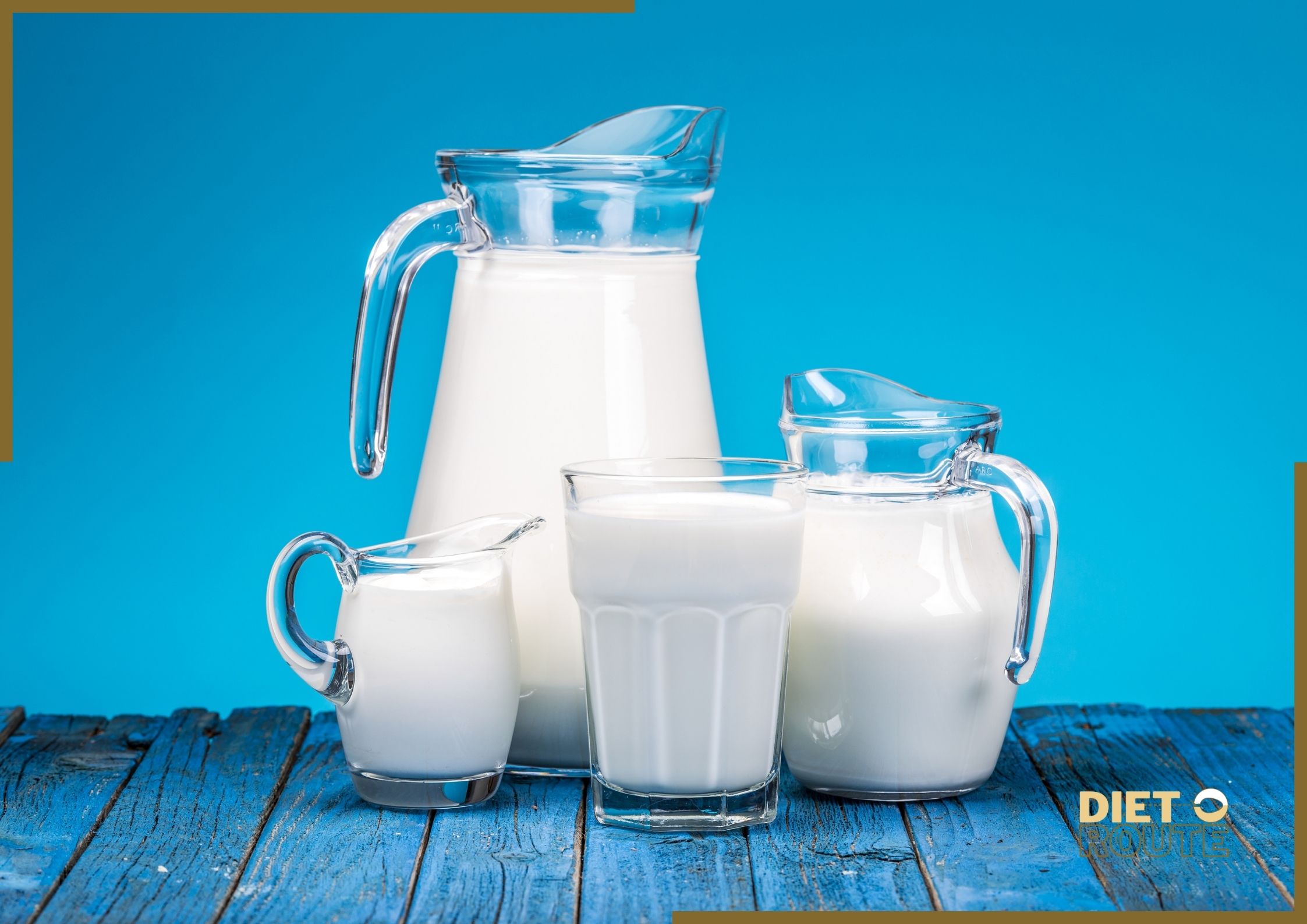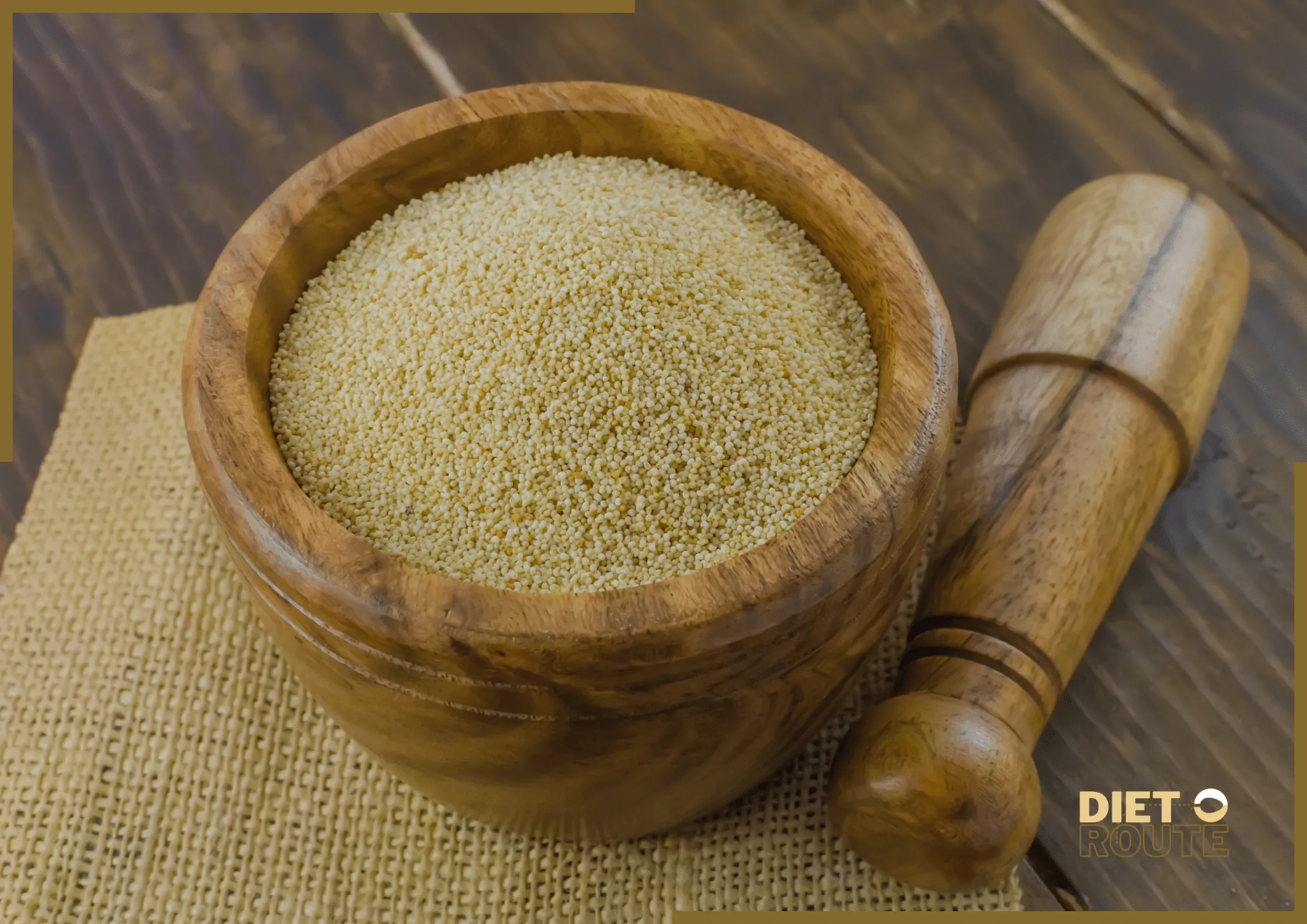Table of Contents
Introduction
Whole milk is a dairy product that is widely consumed and has been a part of human diets for hundreds of years. It is known for its smooth texture and rich flavor. It is not only a well-liked drink, but it is also a crucial component of many dishes. Understanding the nutritional value can help people make better decisions about their diet and lifestyle. In this artilce, we’ll look at the significance, nutritional benefits, its pros and cons, and how it fits into a healthy diet.
Nutritional Value Approximately 100g
The values provided are approximate can vary depending on the size and quality.
| Nutrient | Amount | Percentage Daily Value |
| Calories | 60 kcal | 3% |
| Total Fat | 3.6 g | 5% |
| Saturated Fat | 2.4 g | 12% |
| Cholesterol | 12 mg | 4% |
| Sodium | 50 mg | 2% |
| Carbohydrates | 4.7 g | 2% |
| Sugars | 4.7 g | – |
| Protein | 3.2 g | 6% |
| Calcium | 113 mg | 11% |
| Vitamin D | 66 IU | 33% |
| Vitamin B12 | 0.45 µg | 8% |
*Percent Daily Values (% DV) are based on a 2,000-calorie diet.
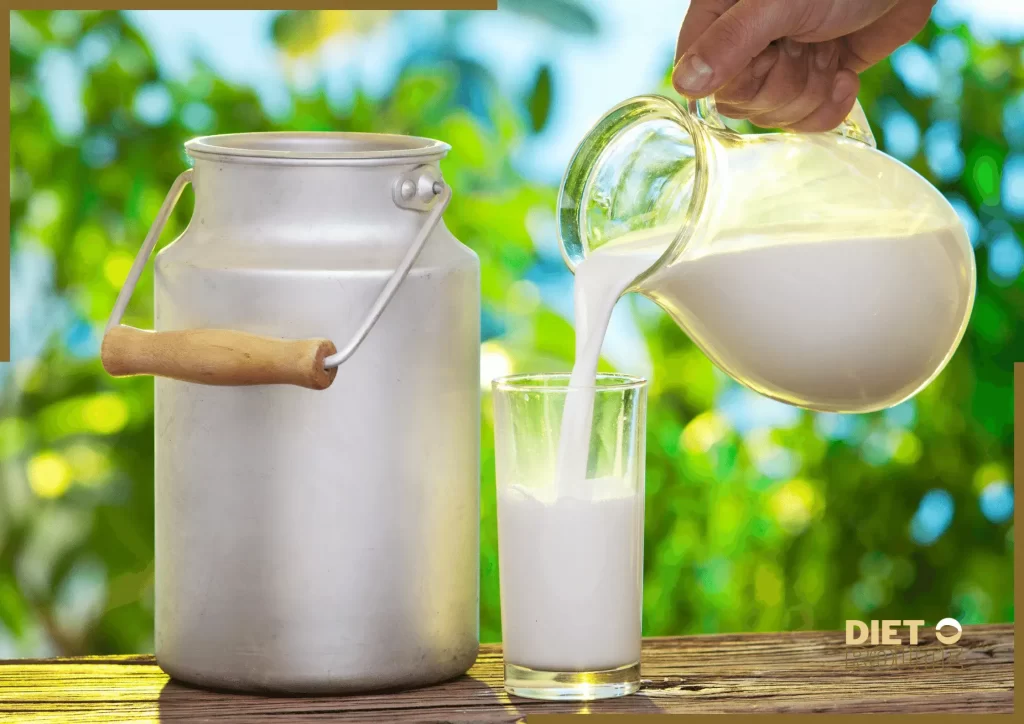
Pros
1. High nutritional value:
Whole milk is full of important nutrients like calcium, vitamin D, vitamin B12, and protein, all of which contribute to overall health and well-being.
2. Bone Health:
The calcium content helps keep bones and teeth healthy, which lowers the risk of osteoporosis and fractures, especially in children and older people.
3. Vitamin D Absorption:
The vitamin D in whole milk helps with calcium absorption, which benefits bone health even more.
4. Protein Source:
High-quality protein found is essential for the growth, repair, and development of muscles.
Cons
1. High Calorie Content:
It is relatively high in calories, which may contribute to weight gain if consumed excessively without taking overall calorie intake into account.
2. Saturated Fat:
The saturated fat content should be consumed in moderation, as an excessive amount may raise the risk of cardiovascular diseases.
3. Lactose Intolerance:
People who are lactose intolerant may have trouble digesting whole milk because it includes lactose, a sugar that is naturally found in milk.
In a Nut Shell
Whole milk has a lot of important nutrients and can be an important part of a healthy diet. High-quality protein, bone health support, and vitamin D absorption are just a few of its many advantages. But it’s important to think about each person’s health and nutrition needs.
Due to its high calorie and saturated fat content, consuming in moderation is essential. Individuals can make well-informed decisions about incorporating it into their diet while still keeping overall health and wellbeing by understanding the nutritional value and weighing the pros and cons.
For personalized advice on your unique dietary needs, make sure to consult a health care professional or a registered dietitian.
Frequently Asked Questions (FAQs)
-
1. Does everyone need to drink whole milk?
Individuals who are not lactose intolerant should usually be able to consume as part of a healthy diet. But special food needs and health problems should be taken into account. For individualized advice, it’s best to consult a health care provider or registered dietitian.
-
2. Can whole milk be consumed by individuals with high cholesterol levels?
Due to its saturated content, people with high cholesterol levels should consume it in moderation. In these situations, low-fat or skim milk may be a better choice.
-
3. Can whole milk be consumed by individuals with lactose intolerance?
When consuming it, people who have a lactose intolerance may feel sick to their stomach. Alternatives to milk can be thought about, like lactose-free milk or milk made from plants.
-
4. Is whole milk suitable for children?
Because it contains important nutrients for growth and development, it is frequently advised for children over the age of one. Regarding detailed dietary recommendations for children, it is important to consult a pediatrician.
-
5. Can whole milk be used in cooking and baking?
Yes, it is a flexible ingredient that can be used in many cooking and baking recipes to add flavor and texture.
-
6. Does drinking whole milk raise the risk of getting heart disease?
Excessive consumption of saturated fats, such as those found in whole milk, may contribute to a higher risk of heart disease. As part of a well-balanced diet, it is recommended to consume whole milk in moderation.
-
7. Can whole milk help to lose weight?
Consuming in big amounts may not help you lose weight because of its calorie content. But a healthy living can still include small amounts as part of a diet that is low in calories.
-
8. How should whole milk be stored?
It should be kept in the fridge at temperatures lower than 40°F (4°C) to keep it fresh and stop it from going bad. Check the expiration date and consume within the suggested time frame.
-
9. Can whole milk be substituted with other milk alternatives?
Yes, individuals who prefer or need non-dairy milk alternatives can choose from options like almond milk, soy milk, oat milk, and coconut milk. Each choice has its own nutritional profile, so it’s important to read labels and choose options that meet your own dietary needs.
-
10. 10.What’s the difference between whole milk and skim milk?
The fat content is higher than that of skim milk, which has had the fat taken out. Individuals looking for a dairy product with less fat often choose skim milk because it has fewer calories and fat.
